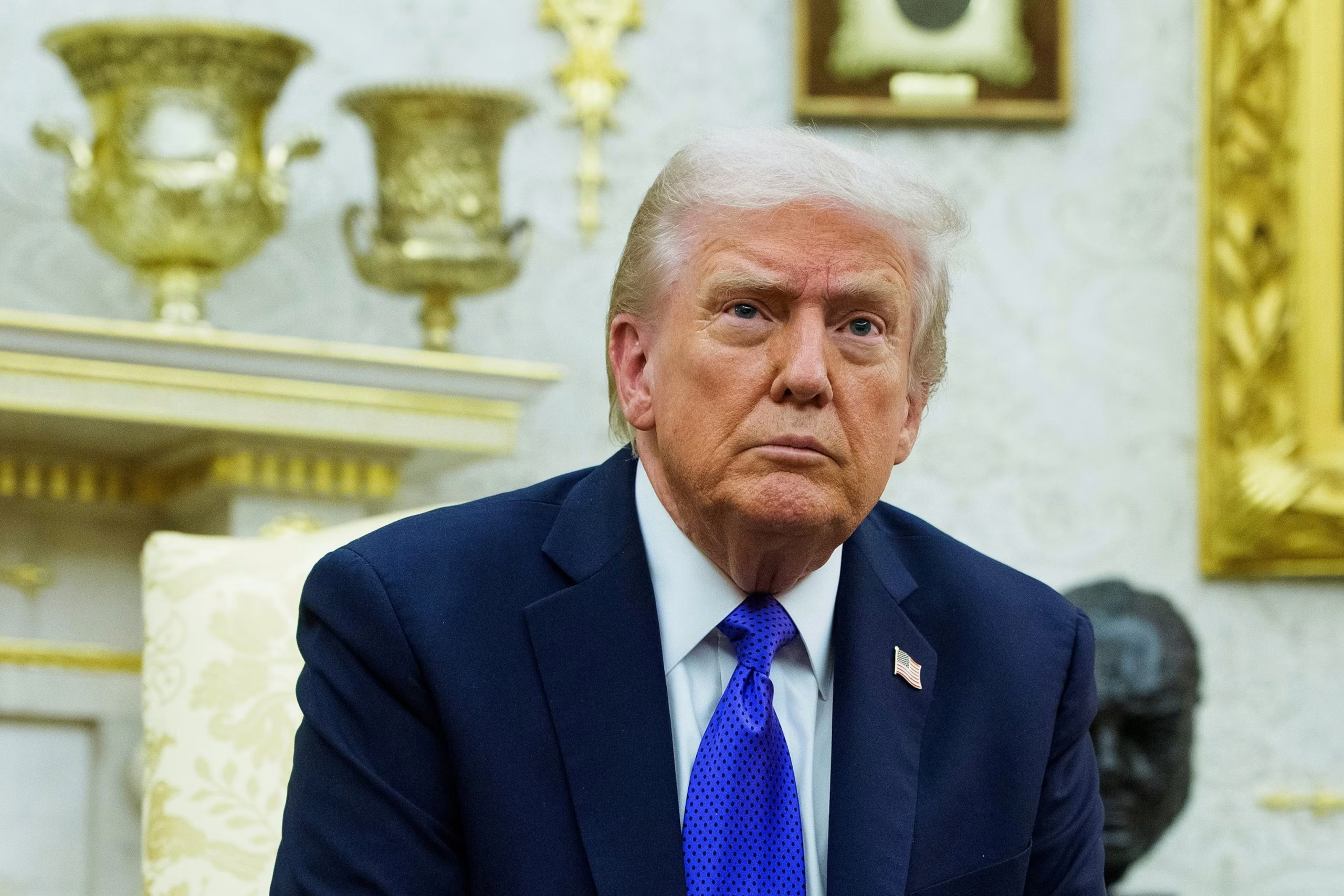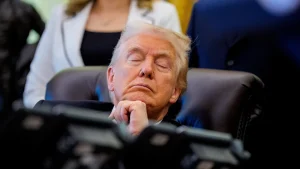A series of old emails, recently released by members of Congress, has reignited political tensions in Washington — and drawn a sharp response from the White House.
The correspondence, dating back more than a decade, appears to involve several high-profile figures and references to one of the most infamous criminal cases in modern American history. The documents were made public by the House Oversight Committee as part of an ongoing inquiry into the connections between a late financier, his associates, and a number of public figures.
According to committee staff, the emails span from 2011 to 2019 and were exchanged between the financier, his longtime associate, and a well-known author. The committee claims the messages suggest one of the individuals named in the correspondence “was aware of misconduct” years before the criminal case became public.
While investigators emphasized that none of the recipients were accused of a crime, the release has nonetheless sparked political uproar — particularly because of one name that appears repeatedly in the correspondence: Donald J. Trump.
What the Emails Show
The first batch of messages, sent in 2011, includes an exchange between Jeffrey Epstein and Ghislaine Maxwell, referencing a “dog that hasn’t barked.” In the same message, Epstein allegedly mentioned a woman later identified as one of the victims in his trafficking case, writing that she had “spent hours at my house with him,” referring to Trump, and that he “has never once been mentioned.”
Maxwell replied, “I have been thinking about that.”
Later emails from 2015 show author Michael Wolff warning Epstein that a reporter might question Trump about their relationship. Epstein’s response, and Wolff’s follow-up, appeared to discuss how any public comments could affect both men’s reputations.
A final message from January 2019, just months before Epstein’s death, included the most direct reference: “Trump said he asked me to resign… of course he knew about the girls as he asked Ghislaine to stop.”
Context and Reaction
Epstein, who was convicted in 2008 for sex crimes involving minors, was arrested again in 2019 on federal trafficking charges. He died weeks later in a New York jail cell in what was ruled a suicide. Maxwell is currently serving a 20-year sentence for related offenses.
The release of these emails — and the suggestion that a sitting or former president was mentioned in them — immediately drew attention from both parties. Within hours, the White House issued a lengthy statement defending the president and dismissing the documents as politically motivated.
“The Democrats selectively leaked emails to the liberal media to create a fake narrative to smear President Trump,” said Press Secretary Karoline Leavitt.
“The unnamed victim referenced in these emails is the late Virginia Giuffre, who repeatedly said President Trump was not involved in any wrongdoing whatsoever and ‘couldn’t have been friendlier’ to her in their limited interactions.”
Leavitt also pointed to Trump’s decision decades ago to bar Epstein from Mar-a-Lago, claiming it showed the former president had no tolerance for his behavior.
“President Trump kicked Jeffrey Epstein out of his club decades ago for being a creep to his female employees,” she said. “Any American with common sense sees right through this hoax and distraction.”
Why the Timing Matters
The emails were released just days after lawmakers reached an agreement to reopen the federal government following a prolonged shutdown — timing that Trump allies argue is no coincidence.
“This is a coordinated distraction,” said one senior Republican aide. “They’re trying to shift the conversation away from the fact that Democrats just dragged the country through 40 days of political theater.”
Democrats, however, defended the release, saying transparency around Epstein’s network is critical to understanding how he operated for so long without consequences.
“The public deserves to know who had access to Epstein, who enabled him, and who looked the other way,” said a Democratic staffer familiar with the Oversight Committee’s work.
A Familiar Image, A Complicated History
Photographs of Trump with Epstein and Maxwell at social events in the early 2000s have circulated for years, though Trump has repeatedly said he severed ties with Epstein long before the latter’s 2019 arrest.
In a 2019 interview, Trump told reporters that he and Epstein “had a falling out a long time ago” after the financier began “stealing” staff members from Trump’s Florida properties.
“I wasn’t a fan,” Trump said at the time. “That I can tell you.”
The Broader Fallout
The resurfacing of Epstein-related material has once again revived debate over how much influence and access the financier enjoyed before his downfall.
Legal analysts note that none of the released emails contain evidence of criminal behavior by Trump or any other political figure. Still, the mere suggestion of association has proven enough to spark another round of headlines — and partisan finger-pointing.
Political strategist Caleb Jensen summarized the situation succinctly:
“You don’t need proof to create a scandal anymore — you just need proximity. That’s why stories like this will always explode.”
Where It Goes From Here
The House Oversight Committee has not said whether more Epstein-related material will be made public, though additional batches of correspondence are believed to exist.
As for the White House, officials insist the administration remains focused on economic and national security priorities, not what they call “a recycled conspiracy.”
Whether the public buys that explanation — or whether these newly released messages alter perceptions of Trump’s past connections — remains to be seen.

James Jenkins is a celebrated Pulitzer Prize-winning author whose work has reshaped the way readers think about social justice and human rights in America. Raised in Atlanta, Georgia, James grew up in a community that instilled in him both resilience and a strong sense of responsibility toward others. After studying political science and creative writing at Howard University, he worked as a journalist covering civil rights issues before dedicating himself fully to fiction. His novels are known for their sharp, empathetic portraits of marginalized communities and for weaving personal stories with broader political realities. Jenkins’s breakout novel, Shadows of Freedom, won national acclaim for its unflinching look at systemic inequality, while his more recent works explore themes of identity, resilience, and the fight for dignity in the face of oppression. Beyond his novels, James is an active public speaker, lecturing at universities and participating in nonprofit initiatives that support literacy and community empowerment. He believes that storytelling is a way to preserve history and inspire change. When not writing, James enjoys jazz music, mentoring young writers, and traveling with his family to explore cultures and stories around the world.









